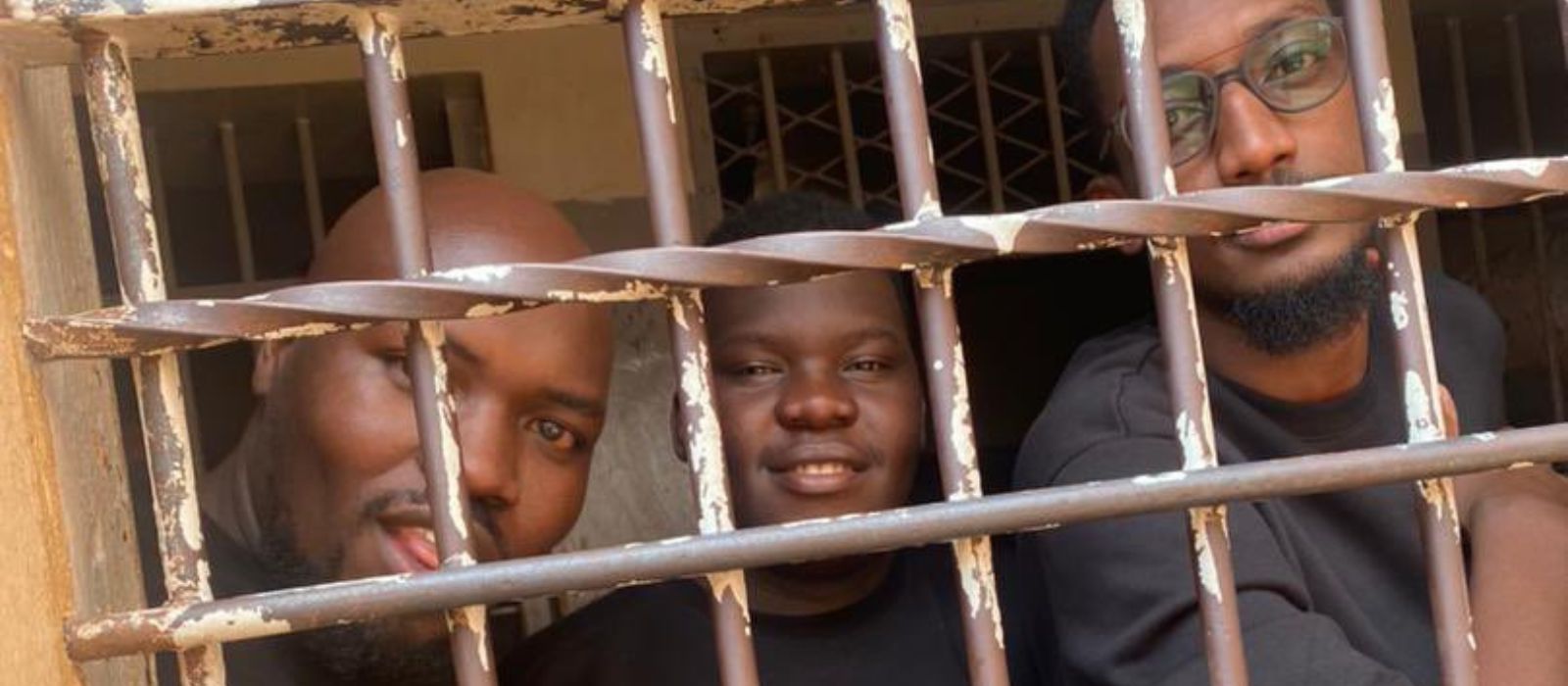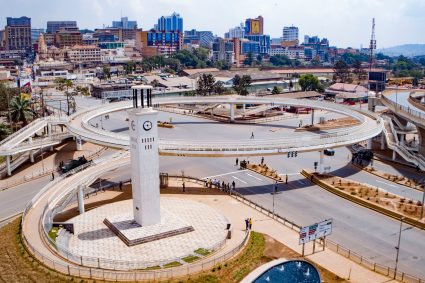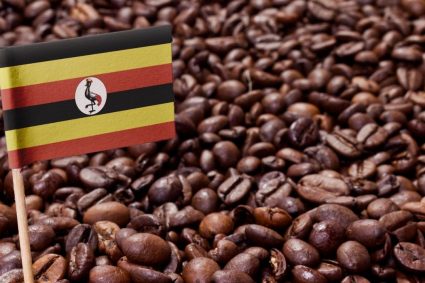
Uganda witnessed an extraordinary day of youth-led protests across various cities, as thousands took to the streets demanding the resignation of Parliament Speaker Anita Annet Among. The protests, fuelled by allegations of corruption, highlighted widespread discontent among the youth.
Speaker Among, a close ally of long-serving President Yoweri Kaguta Museveni, has been embroiled in controversy following sanctions imposed by the United Kingdom. The UK government, in a statement released in May, accused her and two other MPs of stealing from the poorest communities, resulting in travel bans and asset freezes.
The protesters presented a list of seven demands, including: Resignation of the four backbench commissioners, Reduction in the number of Members of Parliament, Resignation of MPs involved in corruption scandals pending investigations, Lifestyle audits of all MPs with public disclosures, Reduction of MPs’ salaries and allowances to Shs3 million, and Continuous peaceful exercise of democratic rights by Ugandans.
Amid the demonstrations, security forces reportedly arrested thousands of participants. In response, Ugandan legislators debated the situation in parliament. Hon. John Musila called for dialogue between the protesters and government leaders, emphasizing the importance of addressing corruption concerns raised by the youth.
“The Executive and all Ministers should sit down and dialogue with the young people. What the young people are talking of, corruption is right… I think it is good to listen to the young people,” Musila stated.
Hon. Jonathan Odur supported Musila’s call for transparency, advocating for a public inquiry into the corruption allegations.
“The best was for a public inquiry to be held openly on anyone alleged to be corrupt… So why are they covering up?” Odur questioned.
Opposition leaders, including Bobi Wine, expressed support for the protesters via social media while denying allegations that his party, the National Unity Platform (NUP), organized the protests. Wine praised the bravery of the protesters and criticized the government’s response.
“Salutations to all who have courageously marched and are still marching against corruption and misrule… Solidarity!” Wine posted.
Joel Ssenyonyi, another opposition leader, highlighted the importance of listening to the youth’s grievances.
“You don’t want to press young people against the wall so much and then discover when it is too late,” Ssenyonyi warned.
President Museveni, addressing the situation, warned the organizers of the protests that they are “playing with fire” if they continue. The Ugandan protests were reportedly inspired by similar demonstrations in Kenya, where President William Ruto also faced unrest and called for an end to the disruptions.
Both Museveni and Ruto, like leaders in Bangladesh, suggested that external forces might be fueling the protests in their respective countries.
As Uganda grapples with the ongoing protests and allegations of corruption, the calls for transparency, accountability, and dialogue grow louder. The youth’s determination to address these issues marks a significant moment in the nation’s political landscape.


